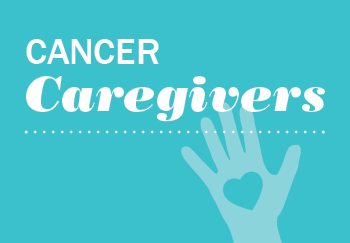 Bedsores, or pressure ulcers, may develop when a cancer patient is bedridden or confined to a wheelchair. Since they can become infected and lead to complications, it is important for patients and caregivers to educate themselves on how to identify as well as prevent them. This is not so critical in the inpatient setting where nurses have ways of avoiding them altogether by rotating patients at designated times and by other means. However, bedsores can become a problem when patients return home and are immobile for a long duration of time.
Bedsores, or pressure ulcers, may develop when a cancer patient is bedridden or confined to a wheelchair. Since they can become infected and lead to complications, it is important for patients and caregivers to educate themselves on how to identify as well as prevent them. This is not so critical in the inpatient setting where nurses have ways of avoiding them altogether by rotating patients at designated times and by other means. However, bedsores can become a problem when patients return home and are immobile for a long duration of time.
Signs and Symptoms
The American Cancer Society lists the following as bedsore symptoms:
- Broken, cracked, scaly or blistered skin
- Open sores
- Yellowish or bloody stains on the patient’s clothing, bed linens or chair
- Pain or tenderness on bony areas of the body
- Red spots on the skin that do not go away when the patient changes position or moves
Prevention and Care
Changing position every two hours in bed and shifting weight every 15 minutes when sitting in a chair are both good preventative measures. Caregivers can help by reminding the patient when it’s time to move and helping them do so. Helping patients move, however, can be a tough task. Oftentimes the patient is connected to IV and other lines or is in extreme pain. The patient may even be much larger than the caregiver. To make it easier, patients can wear clothing that is neither restrictive nor too loose, another person could be on call to help and the patient’s care team can provide training. Other preventative measures include trying a pressure-reducing mattress or cushion.
Patients and/or caregivers should check for sores twice a day. If found, they should be kept clean and properly bandaged (hint: corn starch can be used to reduce skin friction). It is important to notify the patient’s care team if pressure ulcers are developing, getting bigger or look infected.
Visit Cancer Support Center
UVA Cancer Center has a range of support resources, from counselors to chaplains, to help you through the entire cancer journey.
Don’t Ignore Them
It may be embarrassing for patients to talk to caregivers about pressure sores, but it is critical to prevent infections during cancer treatment. Since untreated sores can be life-threatening, it is worth having an uncomfortable discussion.
My advice as a patient to other patients is to stay calm, and remember that this person is here to love you and support you. They don’t want you to suffer in silence. Explain the condition and the causes. Your caregivers need and want to know how to help. An open dialogue encourages your caregiver to ask questions. The more educated your caregivers are, the faster they can help address them when they occur. Ignoring pressure sores won’t make them go away.

